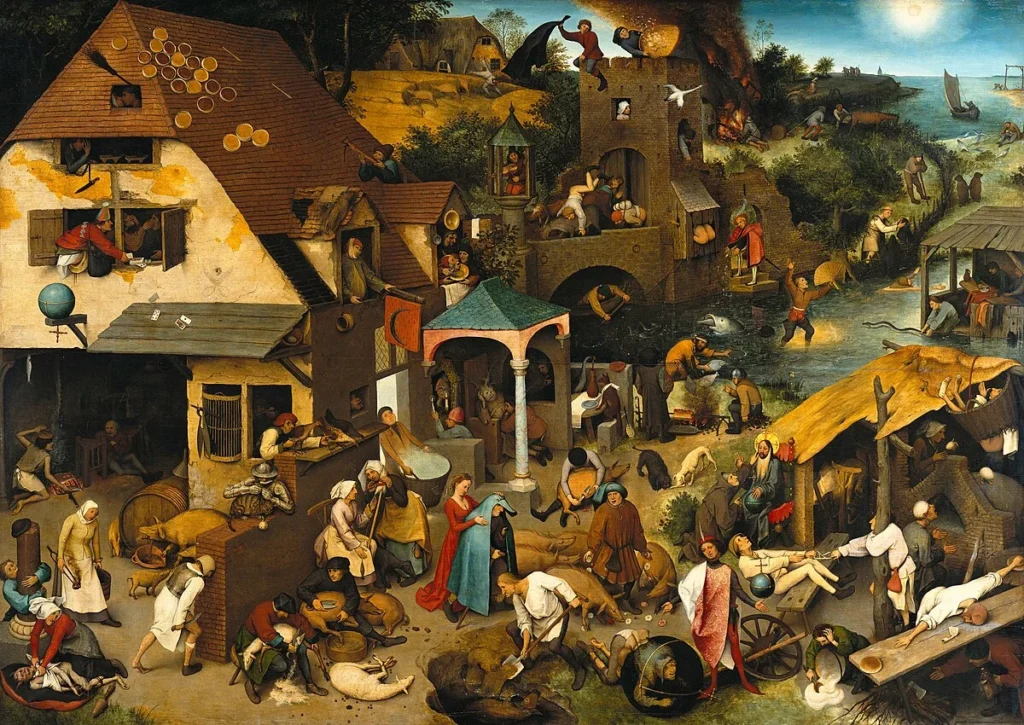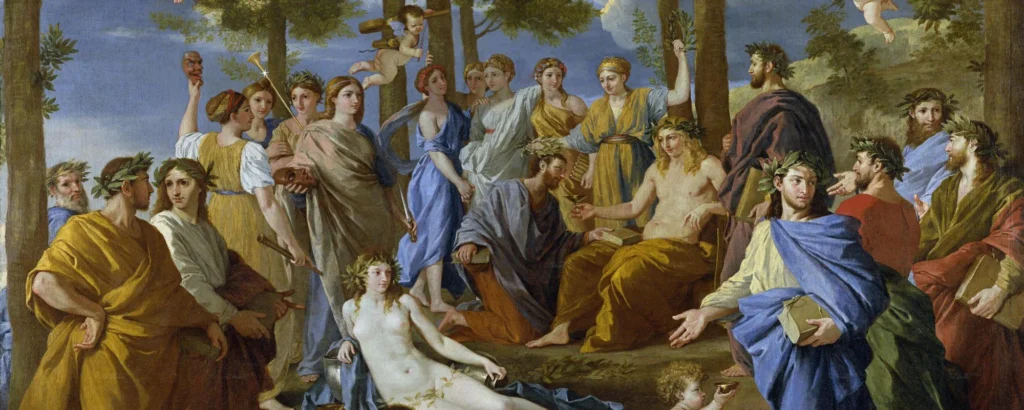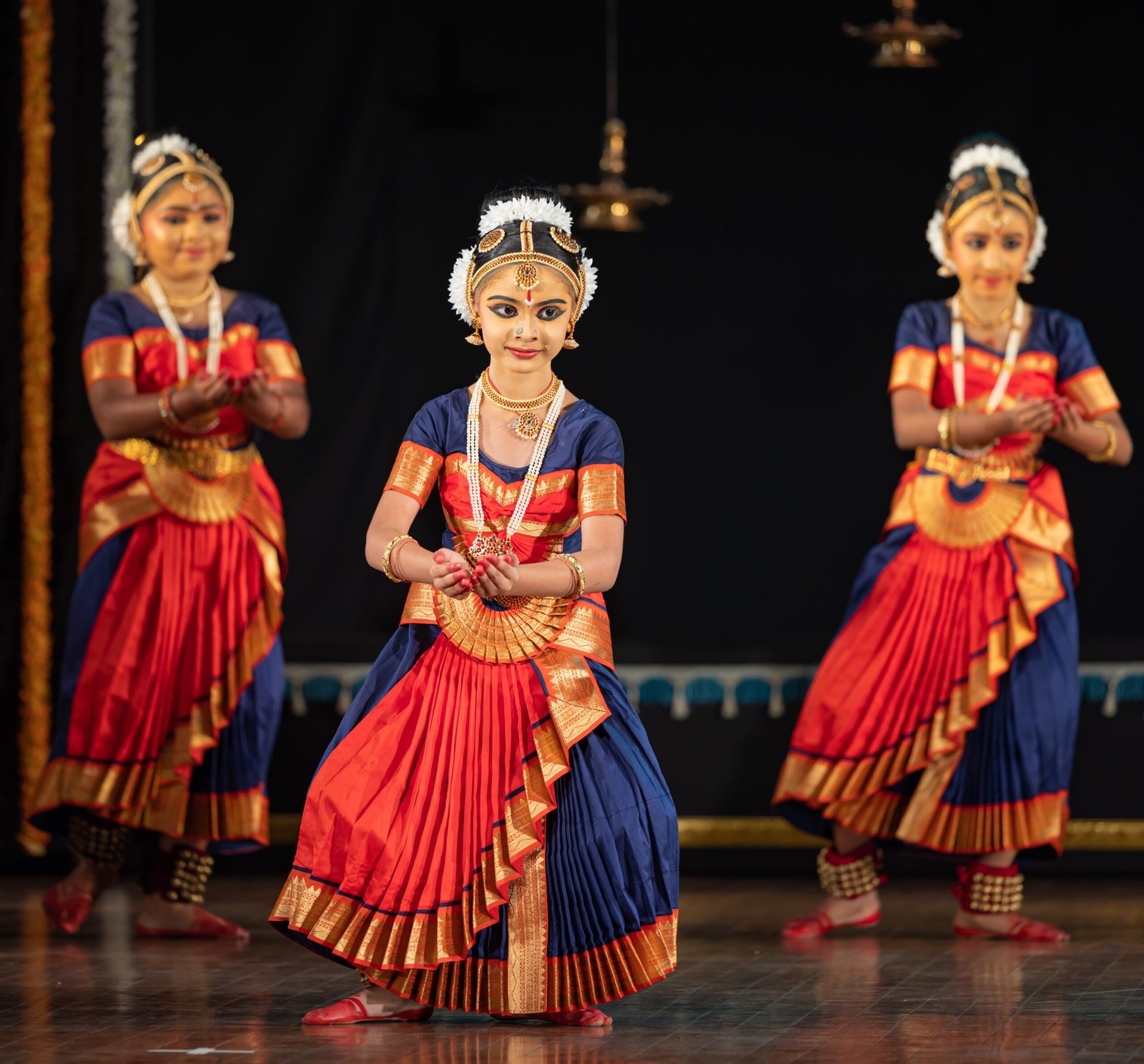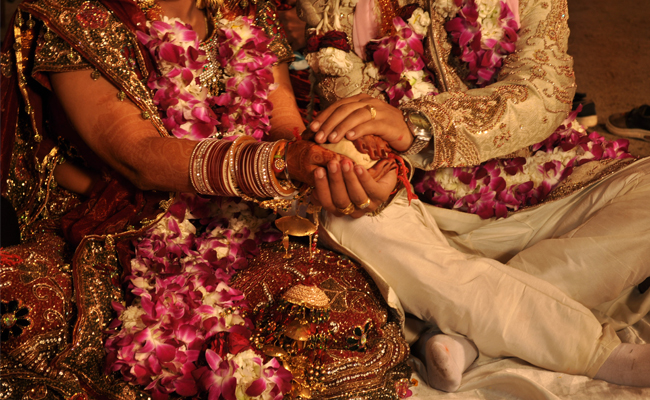Folklore and Mythology: From ancient civilizations to modern societies, folklore and mythology have played a significant role in shaping our understanding of the world and our place in it. Passed down through generations, these timeless narratives encompass a wide range of cultural beliefs, values, and traditions. In this article, we will delve into the captivating realm of folklore and mythology, exploring their origins, significance, and enduring impact on human culture.
I. Understanding Folklore

Folklore, derived from the combination of “folk” (referring to the common people) and “lore” (meaning traditional knowledge), encompasses the customs, stories, songs, and beliefs shared within a particular community. It is an oral tradition that has been preserved and passed down through generations, often reflecting the values, experiences, and wisdom of a specific culture.
A. Oral Tradition and Cultural Preservation
One of the defining characteristics of folklore is its oral transmission. Prior to widespread literacy, knowledge was shared through spoken word, ensuring the preservation and continuity of cultural practices and beliefs. Folklore acted as a social adhesive, binding communities together and fostering a shared identity rooted in collective memory.
B. Types of Folklore
Folklore takes on various forms, including myths, legends, folktales, proverbs, riddles, and songs. Myths, in particular, are traditional narratives that explain fundamental aspects of human existence, such as the origin of the world, the nature of the divine, and the purpose of human life. Legends, on the other hand, often involve historical figures or events mixed with elements of the supernatural.
II. Unraveling the World of Mythology
While folklore comprises the broader body of traditional knowledge, mythology focuses specifically on stories and beliefs about gods, goddesses, and divine beings. Mythology is deeply intertwined with religion, philosophy, and cultural practices, providing explanations for natural phenomena, moral lessons, and guidance for societal norms.
A. Symbolism and Archetypes
Mythology employs rich symbolism and archetypes that resonate across cultures. Common motifs such as the hero’s journey, creation myths, and the battle between good and evil recur in different mythological traditions. These archetypal elements tap into universal human experiences, offering insights into our shared psychological and spiritual landscapes.
B. Gods and Goddesses
Mythology introduces us to a pantheon of gods and goddesses, each with their unique attributes and significance. These divine beings often personify natural forces or human qualities, embodying virtues or vices. For example, Zeus, the king of the Greek gods, represents power and authority, while Athena symbolizes wisdom and strategic warfare.
III. The Enduring Influence

Folklore and mythology continue to exert a profound influence on various aspects of human culture, from literature and art to popular entertainment and even psychology. Their enduring appeal lies in their ability to tap into our collective consciousness and provide narratives that transcend time and place.
A. Literary and Artistic Inspirations
Countless writers, artists, and musicians have drawn inspiration from folklore and mythology. Shakespeare’s plays, with their references to Greek and Roman myths, demonstrate the enduring allure of these ancient narratives. Similarly, iconic works of art, such as Botticelli’s “The Birth of Venus,” showcase the enduring presence of mythological themes in visual arts.
B. Popular Culture and Entertainment
In contemporary times, folklore and mythology continue to captivate audiences through various forms of media. Books like J.R.R. Tolkien’s “The Lord of the Rings” series and J.K. Rowling’s “Harry Potter” novels embed elements of folklore and mythology into their fantastical worlds, enchanting readers across the globe.
Read Also: Iskcon Temple Mayapur
![]()






2 thoughts on “Folklore and Mythology”